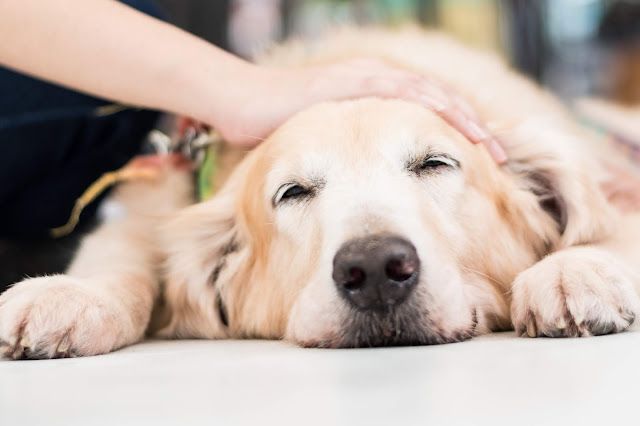It is no surprise that with time comes age. Getting older can only bring health problems as our bodies start to change, and when it comes to dogs, this is not an exception too. There are common issues that owners with senior dogs go through. Some might even say that this is a whole new ball game, whereby one needs to change his/her lifestyle in order to manage an aging dog.
 |
| Charlie, 15 years old |
 |
| Charlie |
How does one take care of a senior dog? To take the first step forward, owners could schedule regular visits with his/her veterinarian. Although frequent visits lead to more vet bills, these are the little things one can do to keep their aging dogs healthy and happy. It also ensures that their pets are not going through any pain, and if they are, put a stop to it before things transition for the worst. While at the vet’s, one can seek for an age-appropriate diet to maintain the dog’s health. Due to the fact that senior dogs sleep more than average, this leads to a higher risk of developing obesity. With the right nutritional need and exercise such as regular walks and light jogs for a geriatric dog, it will help maintain the dog’s ideal weight and have a beneficial impact on their health in general.
Most importantly, although aging is a difficult and painful thing to witness to one’s dog, spending the remaining time one has with his/her pet is the most important. Provide plenty of toys, offer unlimited hugs, and give them treats when they are good. Aging is inevitable but the memories and feelings both owners and pet have developed overtime remain indefinitely.
Written by: Debbi


